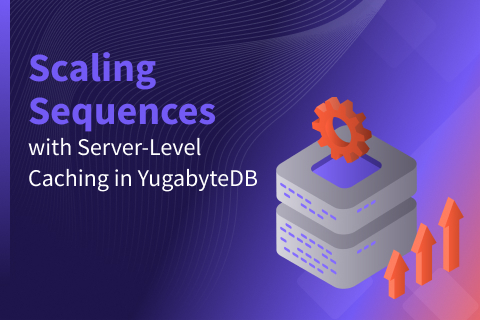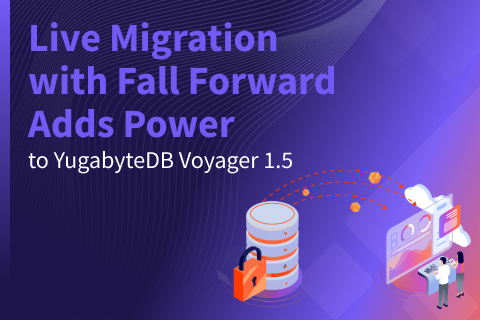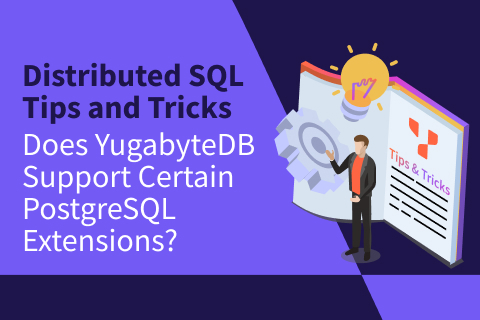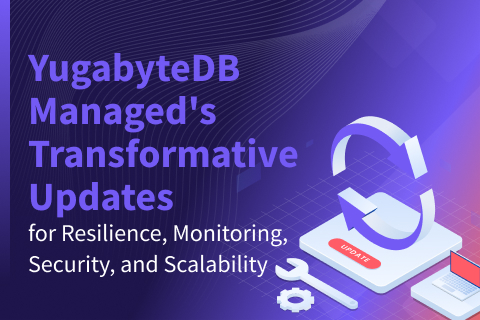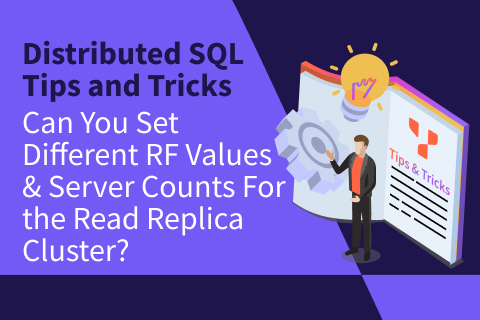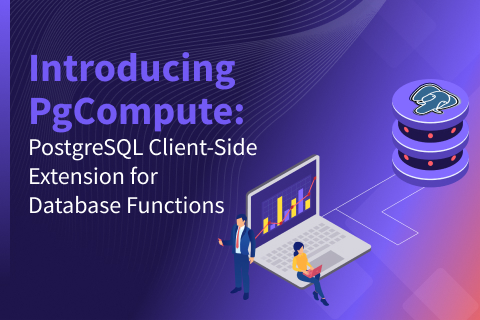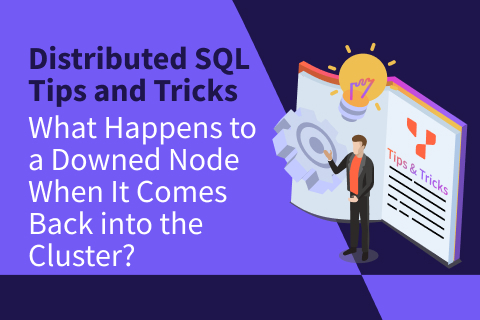Scaling Sequences with Server-Level Caching in YugabyteDB
In distributed databases like YugabyteDB, managing unique, sequential numbers across multiple applications can introduce latency. This blog explores the different ways YugabyteDB makes sequence generation efficient and offers insights on enhancing performance in distributed setups.
